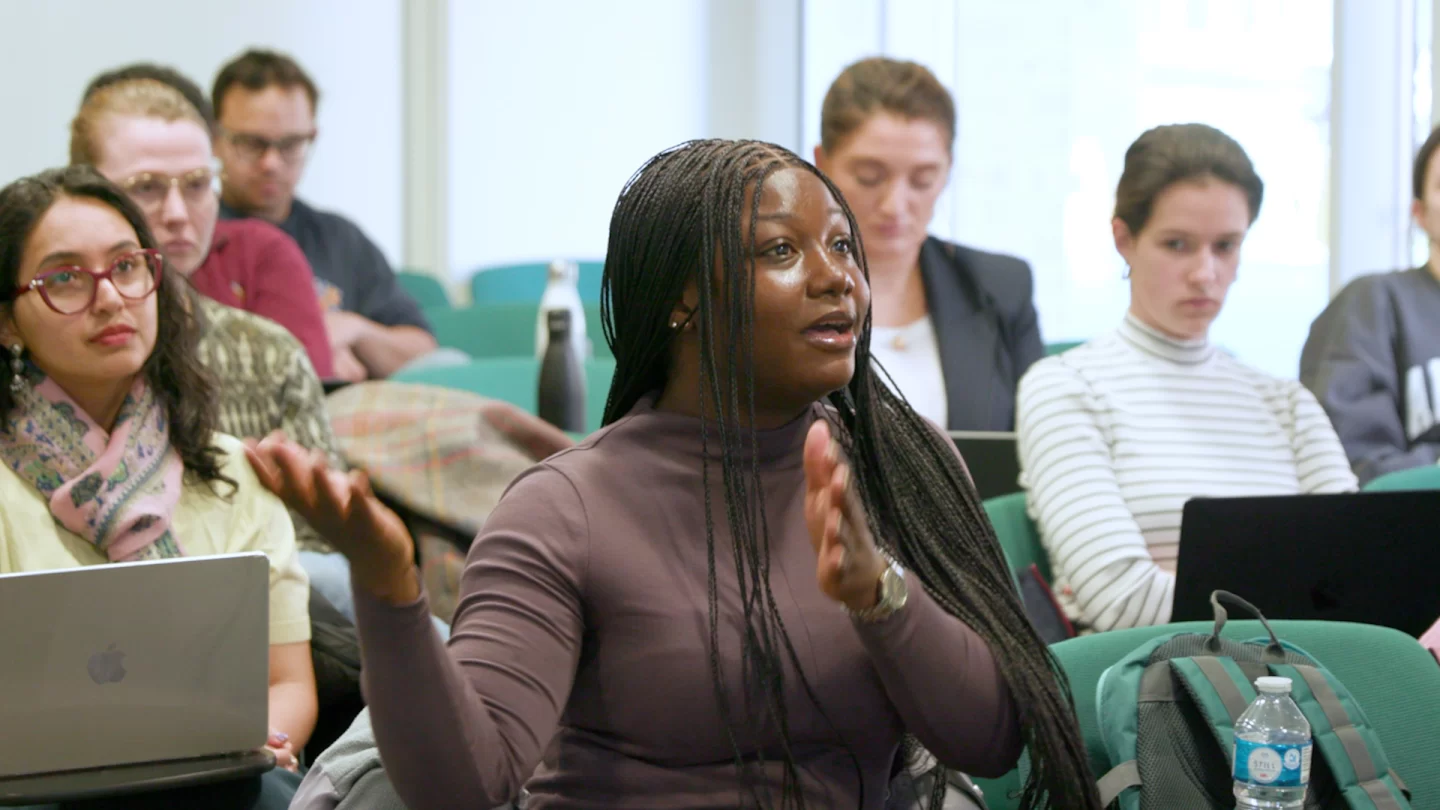Applications are now open for two MPhil courses at the Bennett School of Public Policy for the academic year, 2026-2027.

The Bennett School of Public Policy is launching a new Masters in Digital Policy, to provide future policymakers with the knowledge and skills needed to tackle challenges presented by digital technologies and artificial intelligence (AI).
The course equips students with a critical understanding of how digital technologies are reshaping public policy. It combines foundational knowledge in digital economics, data science, and AI governance with practical skills in policy analysis and professional communication.
Through interdisciplinary modules, students will explore the challenges and opportunities of policymaking in the digital era, including regulatory frameworks, decision-making under uncertainty, and the ethical use of emerging technologies.
“The MPhil in Digital Policy is an interdisciplinary course spanning economics, political science, computer science and law,” says Professor Dame Diane Coyle, Course Director.
“It is designed to address pressing 21st-century challenges ranging from online safety and regulation to harnessing emerging technology trends for productivity and growth.
“Our aim is to equip students with the critical thinking, analytical tools, and collaborative skills needed to make informed decisions in complex, rapidly evolving policy environments.”
Additionally, the Bennett School will teach the well-established MPhil in Public Policy, formerly housed in the University’s Department of Politics and International Studies. Since 2014, this course has provided students with a comprehensive foundation in public policy. Core areas covered include policy analysis, economics, politics, statistical thinking, and the role of science and evidence in policymaking.
Through comparative policy case studies, students explore real-world issues across diverse sectors, developing a nuanced understanding of how different contexts shape policy decisions. The programme also emphasises professional skills and research, including policy writing, negotiations, and in-depth analysis, preparing students to be effective, evidence-informed policy actors.
“The MPhil in Public Policy equips the next generation of policymakers with the analytical tools, practical skills, and interdisciplinary knowledge needed to tackle the complex challenges facing governments today,” says Dr Alessio Terzi, Course Director.
“By combining rigorous academic teaching with real-world case studies and professional development, the programme prepares students to lead with insight, evidence, and impact.”
Both MPhil courses are designed for policy professionals working in local and national government, civic organisations, and business. To this end, they are practice-oriented and use the most-up-to-date evidence-based research, insights and talent housed across the Bennett School, University of Cambridge and beyond.
Applications are now open for both Masters courses commencing in October 2026. The courses are for nine months full time and the MPhil in Digital Policy is also available to study part-time over 18 months. Both courses are aimed at early career professionals with a high academic calibre.
Different funding opportunities for the courses are available and need to be applied for by the respective funding round deadlines. Funding for the Kanders Churchill and Gates Cambridge scholarships closes on 15 October 2025, while all other funding closes on 2 December 2025.
The University’s Postgraduate Admissions Office is hosting Postgraduate Virtual Open Days in November 2025; the Bennett School MPhil courses will be covered on 4 November 2025 between 9am and 11am. Spaces require pre-booking.
Visit the Bennett School of Public Policy website for more information on the MPhil in Digital Policy and the MPhil in Public Policy.
The views and opinions expressed in this post are those of the author(s) and not necessarily those of the Bennett Institute for Public Policy.


